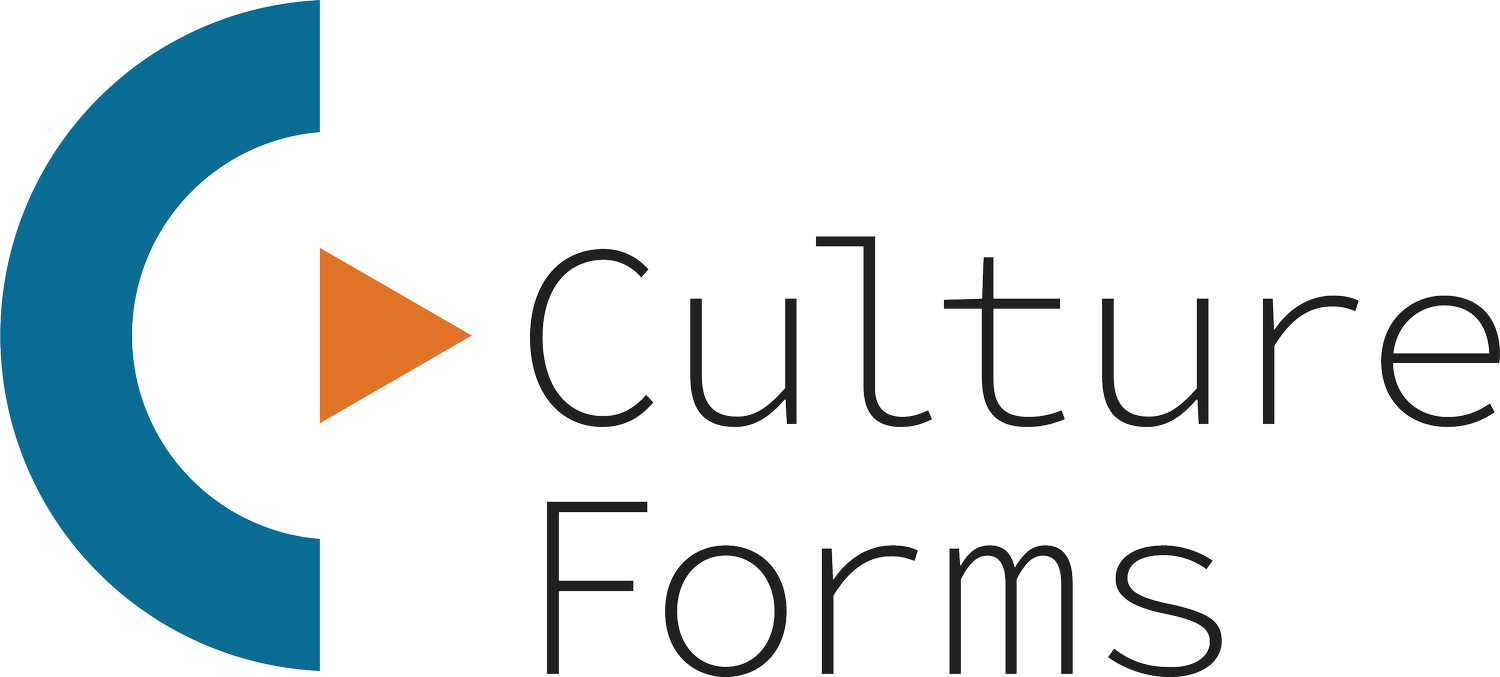The Thing About Failure (Syllables of Work)
Recently, I finished writing a novel I hadn’t expected to write. In it, I embedded a few essays that I’d scooped from the bottom of my computer’s archives.
For so long, these particular documents rested at the bottom of my hard drive like sunken failures. But in repurposing them—and by showing the work of my mind across a period of time—they turned into an engine for the novel, pointing toward what change could look like. Change is one of the ways I think about failure. That, in essence, is also how I built Culture Forms.
When I landed a job 10 years ago as an afternoon receptionist at a non-profit environmental law firm, I was 30 years old; I had published two books of poetry and a new MFA. It was great job for a writer, and I stayed in the role for six years; it introduced me to a vital community I still adore. I wouldn’t have found what I’m doing now without sitting in that seat, witnessing the common choreographies of a workplace from my perspective of a receptionist, an intermittent teacher, and a steady poet.
But at times, I found it difficult to describe to strangers (or to friends who were becoming less-good friends when their judgments showed) what I was doing with my life. I regularly thought of an article my brother had read in the late 90s that posited: when people ask “What do you do” they are really asking, “what do you do that I consider important?” I continued to fear that I didn’t have a good answer to that question.
With hindsight, I now know I did; my odd juxtaposition of work experiences—seeing the ways creativity can be a tool for building trust and connection, whether by sharing our imaginations or simply by asking how we might reinvent the purpose of meetings—was a central engine for building this new kind of work in collaboration with people across hierarchies. Many organizations are committed to building more equitable ways of working; I haven’t seen so many that remember to “check under the hood” to see how much trust is in place before doing so.
Recently, a colleague noted that I have the strength, energy, and desire to help institutions address change. I know she is right. I also know from experience that her observation depends on my willingness to situate myself near potential failure.
The main principles are simple. These are the Syllables of Work and Life: can your team talk about how to learn, build trust, and ask for help while navigating creativity, uncertainty, as well as individuals’ relationships to mistakes and fear of failure?
However, getting a team to discuss them sometimes requires a surprisingly great leap toward not knowing, which often activates people’s fear of failing. I work with Gen Z and Gen X clients alike who are terrified of failure, and I know very few people who model how it can function as a productive ingredient for life. But I’ve learned how it can be a force for good.
How do you navigate failure?
What comes up for you when it looms?
Can you imagine any ways to deflate its power—and transform it into something else?
